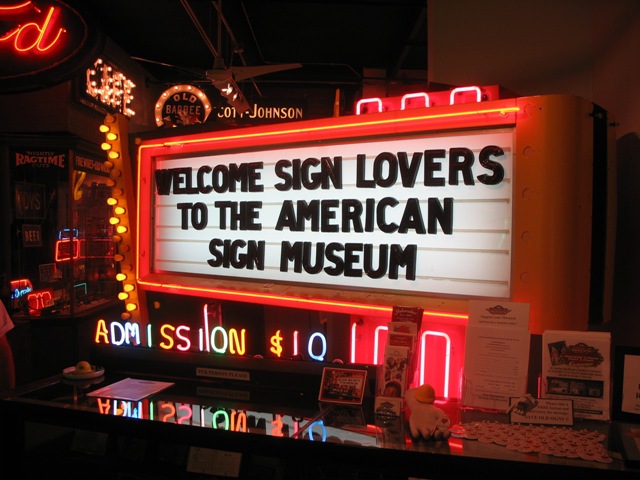Ruth Kramer ’18, Contributor
At this time of year, dress shops are overcrowded, tuxedo rental stores are all sold out, and new batteries have been bought for the family camera. And all for what? Prom. Remembered as one of the greatest nights of one’s life, prom is full of fun times with friends. Unfortunately, the whole event is not as picturesque as it sounds and an issue of age arises: should underclassmen, specifically freshmen, be allowed to attend a school prom? This issue is debated not only in schools and online, but also around family dinner tables. Parents often tell their kids to wait and make the event special, and kids aspire for that marvelous night out with friends and, possibly, a date. So do freshmen really belong at such a special event so early in their high school career?
When prom first spread from school to school, it was created for seniors to celebrate their last few days of school and to remember all of the hard work it took to get there. Shortly after, schools began to change Senior Prom to Junior/Senior Prom, but most schools didn’t allow underclassmen to attend. After all, prom was explained to be a mature social activity for adolescents in their final years of high school.
In 2014, the cost of prom for the average family was nearly $1000 and most parents are reported to pay only 60% of the bill, leaving nearly $400 for a high school student to cover. This can be difficult, especially for underclassmen. Furthermore, this is evidence for why prom is so special for seniors. For example, in 2012 only 16% of high school students had jobs and the number was even lower for those under the age of 16. Usually, companies mandate that their workers be 16 and over so they can drive themselves to work and because 15-year-olds can only work a limited number of hours a day. Though parents do cover most of the cost of prom, $400 is a lot of money for a freshman to scrounge up if he or she doesn’t even have a job.
After a recent survey with students from various public and private schools in the local Cincinnati area, three out of four public schools do not permit freshmen to attend prom. Sycamore, Loveland, and Anderson do not allow freshmen to attend prom unless they have a junior or senior date—the one exception is Kings High School. Many of the students said that even if they could go to prom as freshmen, they would not because they believe that prom should be a special night to remember. They further stated that they did not want to spoil such a magical night at an age where it would be under-appreciated. On the other hand, both Country Day and Seven Hills allow underclassmen to attend prom, while CHCA prohibits an underclassman from going unless with a junior or senior date. The reason this rule seems to be so important is because prom was traditionally meant for juniors and seniors and for some schools, the only way a freshman could get into prom is if they come with a date of proper age for the event. At Country Day, according to head of Upper School, Mrs. Luebbers, freshmen are allowed to attend prom because it is classified as an all-Upper School event, where everyone is welcome. Mrs. Luebbers also stated that neither juniors nor seniors have ever expressed any frustration at underclassmen attending prom and no problems have ever risen.
Prom is a very fun, exciting event that people remember for rest of their lives. A lot of juniors and seniors view prom as a celebration of the end of AP exams or of high school altogether, but what do freshmen see it as? What kind of celebration is it for those who have yet to endure the grueling four years of high school? The issue of whether freshmen should attend prom is not going away anytime soon but after looking at the original traditions and meaning of prom, people will find the solution to this long but necessary debate.
Bibliography:
http://en.wikipedia.org/wiki/Prom#In_the_United_States
http://www.washingtontimes.com/news/2012/may/24/number-of-high-school-students-with-jobs-hits-20-y/
Recent Survey: At Sycamore Presbyterian Church WALK/BABES night




